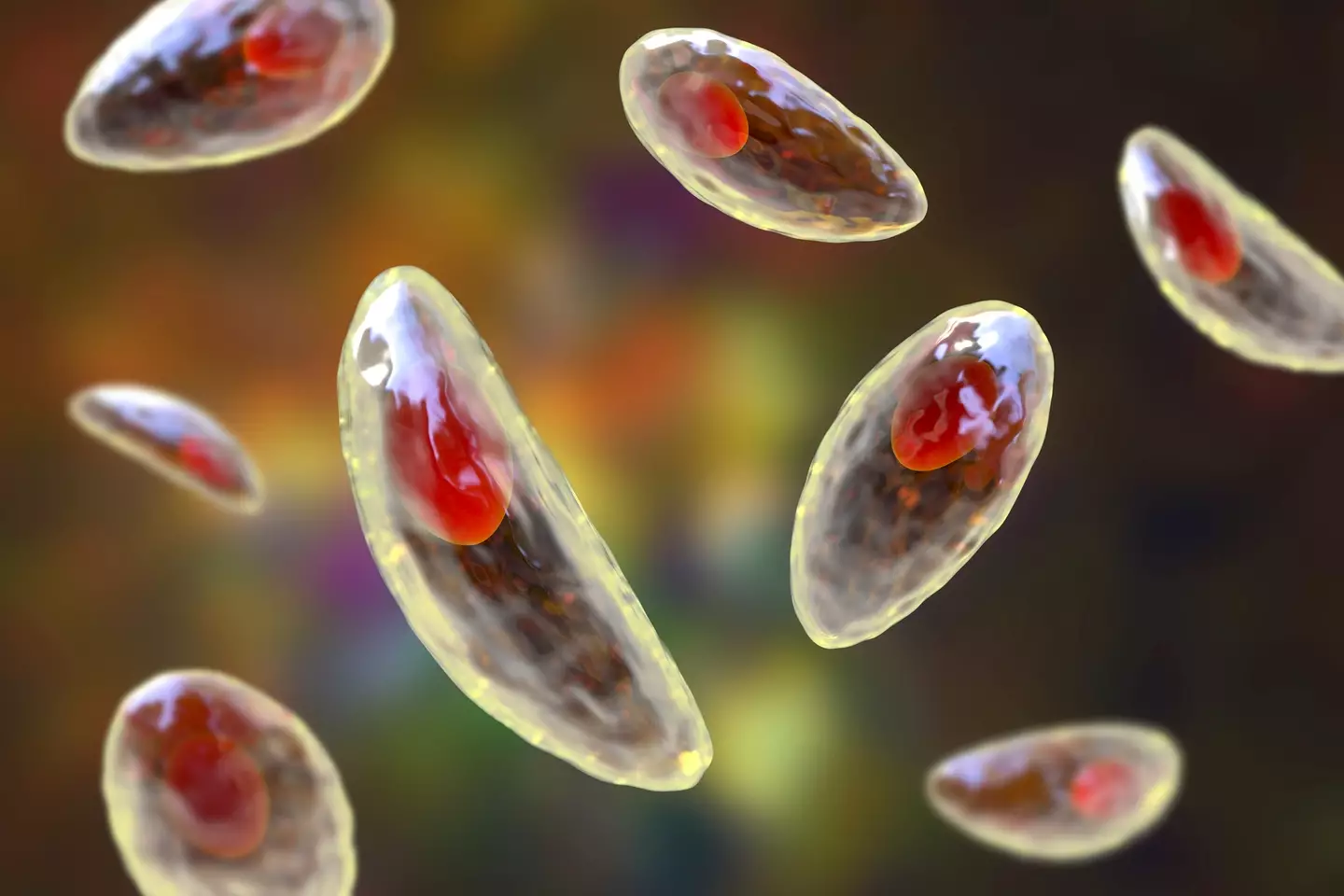
Research proposed by medical experts has now indicated that over 100,000,000 Americans could currently be infected with a brain-eating parasite that can have dangerous results, leaving many to wonder whether they're able to fight back against it.
When it comes to bodily infections there are few things more spine-tingling than the prospect of a parasite, as the image of something crawling inside your body is enough to make you want to jump out of your skin.
Some parasites are actually beneficial for our health - including one that inspired the zombie-infested world of The Last of Us - but others like terrifying tapeworms are something you'll want to avoid at all costs.
Unfortunately for anywhere between 10 to 30 percent of the United States population there's a good chance that you've already been infected by a parasite that targets the brain, and some figures indicate that it could even be inside 100,000,000 Americans right now.
What is the brain-eating parasite?
A team of scientists at University of California, Riverside, explain in a paper, this particular parasite that eats away at your brain is known as Toxoplasma gondii, or T. gondii for short.
Advert
It's typically contracted in humans by coming in contact with cat faeces or eating undercooked meat, and it can lie dormant for decades inside your body.

It's most common symptoms aren't something you necessarily need to worry about, as if it does show signs they typically align with the common cold or flu as you'll have a fever, swollen lymph nodes, fatigue, and other similar ailments.
Unfortunately this part of the issue with T. gondii though, as it makes it incredibly hard for doctors and scientists to identify within patients, and previously it has largely only been spotted during blood tests.
What you should fear though is its potential to trigger more dangerous brain conditions and behavior, despite only eating away at a small subsection of the brain.
Studies indicate that becoming infected by T. gondii increases the risk of schizophrenia by around 50 percent. Patients also display heightened signs of depression alongside a propensity to take greater risks, and pregnant women can experience higher rates of miscarriages and stillbirths.
Can you get rid of the parasite?
Thankfully there are a few ways that you can get rid of T. gondii, and a new study developed by scientists at the University of California has made major steps in identifying it within the human body.
It was discovered that neurons inside the brain that were affected by the parasite release fewer extracellular vesicles, otherwise known as 'EVs', and these help your brain cells communicate with each other.

According to the study's lead researcher Emma Wilson, they have begun to use and identify these EVs as 'biomarkers' of both T. gondii and the effects it might have had on your brain so far, making identification and treatment far easier and more reliable.
Additionally, the infection will pass naturally for most people who come in contact with T. gondii, and for more extreme cases medication is available. You also can't pass the parasite on between people, so there is no risk of infection if you come in contact with someone who has it.
